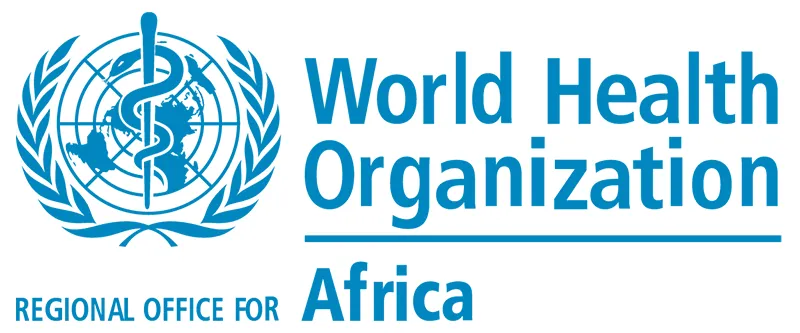
Revolutionary Test Could Transform Diagnosis for Genetic COPD
2025-05-07
Author: Rajesh
Breakthrough in Genetic Testing for COPD
Researchers at National Jewish Health have unveiled a groundbreaking molecular diagnostic test that promises to reshape the way we diagnose Alpha-1 Antitrypsin Deficiency (AATD), a significant genetic contributor to chronic obstructive pulmonary disease (COPD). This novel test, called the 23-SNP alpha-1 antitrypsin assay, was featured in the journal CHEST Pulmonary and aims to streamline the diagnostic process for this serious condition.
Why This Test Matters
AATD is a hereditary disorder that leads to insufficient production of a crucial protective protein in the body. In contrast, COPD often results from environmental factors like long-term smoking. AATD ranks as the second-most prevalent genetic lung disease in the U.S., affecting approximately 1 in 3,000 to 1 in 5,000 people—around 100,000 Americans—many of whom remain undiagnosed.
Speed and Precision in Diagnosis
Dr. Yongbao Wang, the lead researcher, highlights the significance of this advancement: "AATD is frequently underdiagnosed, causing delays in treatment that worsen patient outcomes. Our test offers a rapid and accurate genotyping solution that can easily be integrated into standard diagnostic procedures." The assay was validated using 373 biological samples, effectively identifying 20 pathogenic mutations in the SERPINA1 gene linked to AAT production.
Game-Changing Accuracy
The assay boasts an impressive 100% accuracy in detecting abnormal mutations among patients with AATD, outperforming traditional methods like isoelectric focusing gel and older molecular tests that identify only specific alleles. This cutting-edge approach could usher in new possibilities for newborn screening and even at-home sample collection, significantly enhancing early detection efforts.
A New Era for Patients and Clinicians
Dr. Sharon Kuss-Duerkop, a senior scientist at National Jewish Health, emphasized how these advancements benefit both healthcare providers and patients: "With quicker, more reliable results, we can diagnose AATD earlier, initiating appropriate treatments that may prevent severe lung and liver complications." This test not only represents a significant leap in medical diagnostics but could also save countless lives.




 Brasil (PT)
Brasil (PT)
 Canada (EN)
Canada (EN)
 Chile (ES)
Chile (ES)
 Česko (CS)
Česko (CS)
 대한민국 (KO)
대한민국 (KO)
 España (ES)
España (ES)
 France (FR)
France (FR)
 Hong Kong (EN)
Hong Kong (EN)
 Italia (IT)
Italia (IT)
 日本 (JA)
日本 (JA)
 Magyarország (HU)
Magyarország (HU)
 Norge (NO)
Norge (NO)
 Polska (PL)
Polska (PL)
 Schweiz (DE)
Schweiz (DE)
 Singapore (EN)
Singapore (EN)
 Sverige (SV)
Sverige (SV)
 Suomi (FI)
Suomi (FI)
 Türkiye (TR)
Türkiye (TR)
 الإمارات العربية المتحدة (AR)
الإمارات العربية المتحدة (AR)